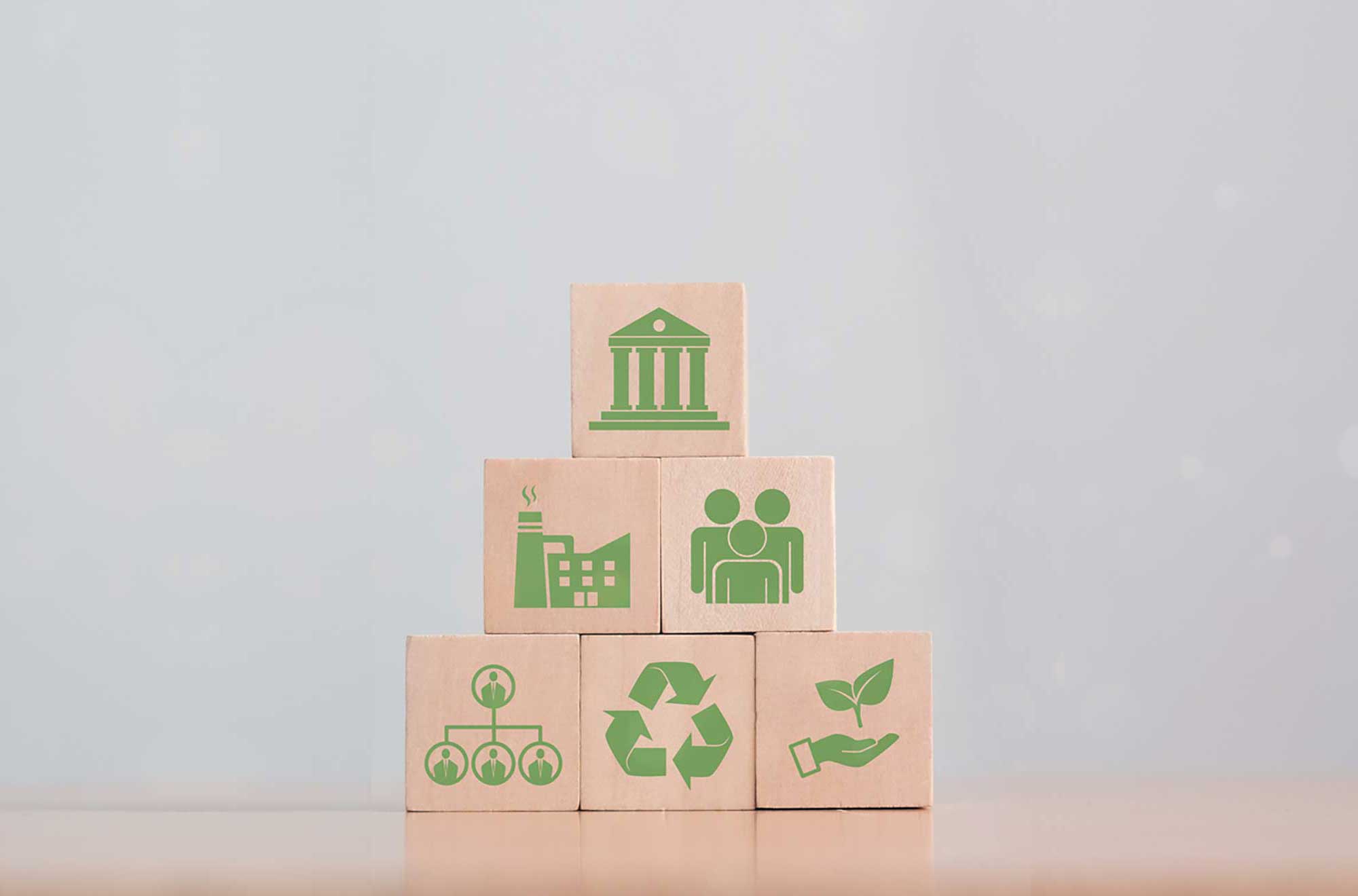Sustainability and the Reduction of Food Waste are relevant and inseparable themes that are on the agenda, and with which there is a growing concern of organizations.
According to the Food and Agriculture Organization of the United Nations, around a third of the food produced annually for human consumption is lost or wasted worldwide. In the European Union alone, the estimated food waste is 88 million tonnes per year, which means that around 20% of the food produced is wasted every year.
Food waste is not just a moral and social issue, it also impacts the consumption of natural resources such as soil, water and energy, and contributes to environmental pollution due to the use of fertilizers and pesticides and gas emissions greenhouse gases (GHG), emitted during primary production (eg animal production) or during recovery or disposal. Food waste is a major contributor to the aggravation of climate change, with a global carbon footprint of around 8% of total Greenhouse Gases.
The United Nations 2030 Agenda defined, in SDG 12 - Sustainable development, Target 12.3 - halving food waste per capita worldwide in retail and consumption, and reducing food waste along production chains and supply, including those that occur post-harvest.
The European Commission has defined the Farm to fork strategy and will propose legally binding targets to reduce food waste across the EU by the end of 2023. In June 2021 was published the Code of Conduct on Responsible Food Business and Marketing Practices, a voluntary Code of Conduct on responsible business and commercial practices in the food sector, already signed by several entities.
APCER developed this certification for organizations that want to improve sustainability practices, reduce food waste resulting from their operations, and influence stakeholders, demonstrating their commitment to society and contributing to a greener and fairer world.
It applies to all organizations in the food supply chain, from farms (animal and plant), industry, retail and catering, including collective catering, that wish to demonstrate their commitment to sustainability and reducing food waste throughout its activities, with the aim of contributing to social, economic and environmental well-being.













